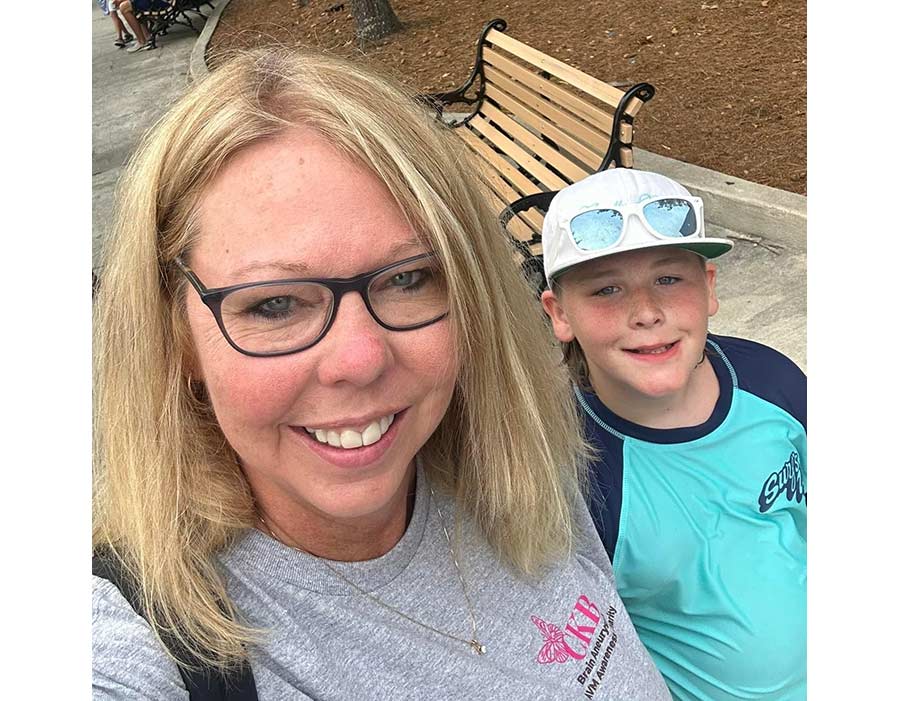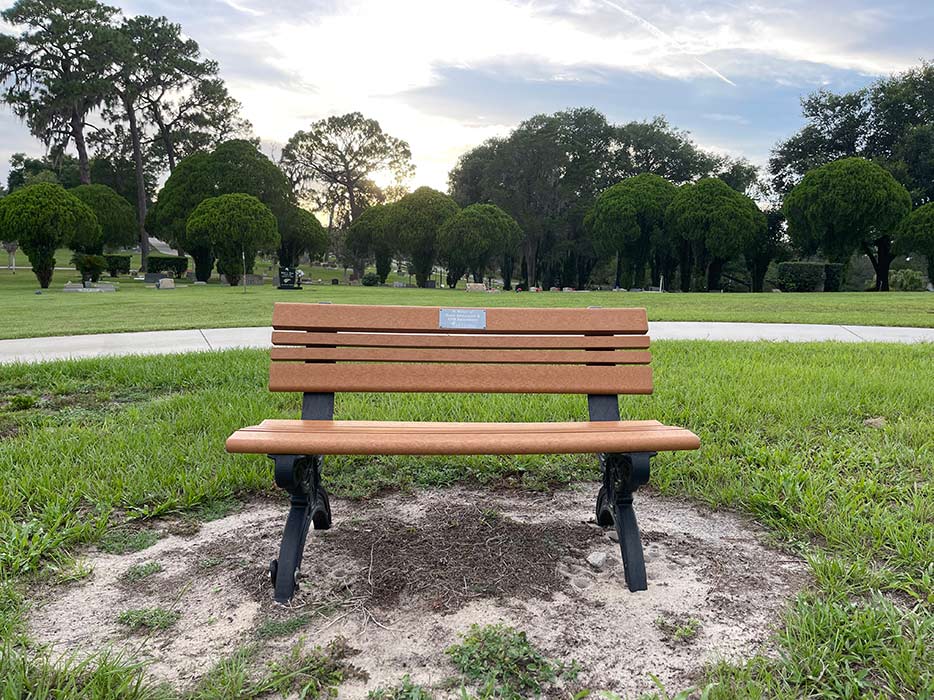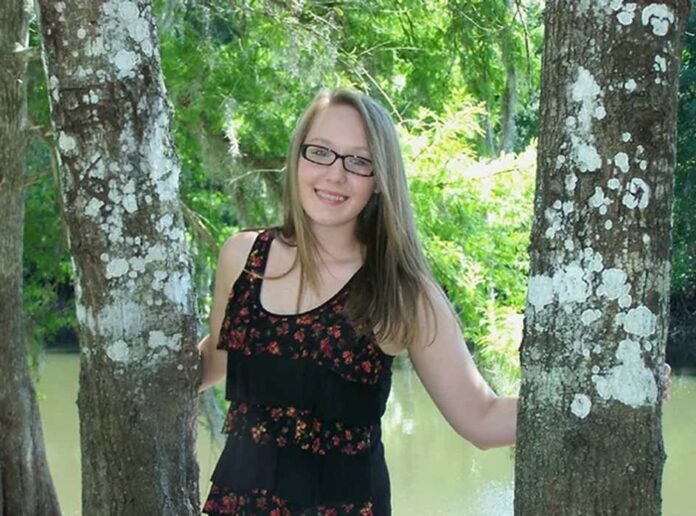A sudden and critical turn in Chelsea’s life would change all those plans in an instant. The morning after the family retreat, Chelsea awoke with a severe headache. The pain was not receding and concern for the health of Chelsea’s baby led to the decision to summon an ambulance. While awaiting paramedics, Chelsea began to feel nauseous and feeling as if she was going to faint. Minutes after paramedics arrived, Chelsea answered some brief questions and then collapsed. Those would be the last words that Chelsea spoke.
Chelsea’s family would soon learn, while waiting at the hospital, that Chelsea had suffered a brain bleed. The King and Burney family would soon begin a terrifying journey that included Chelsea being transferred to UF Health Shands Hospital in Gainesville via air-ambulance. The waiting period for the family began when doctors delivered the dreaded news that Chelsea had minimal brain activity and was considered “brain dead” according to attending physicians. Days of waiting turned into weeks as the family stood with determination to save Chelsea’s baby. Chelsea’s mother, Jean King, recalls the family’s refusal to give into the doctor’s recommendation of letting mother and child “go together.”
Some six weeks later, on July 22, 2014, little Jase Burney was delivered via cesarean section. A true miracle that turned nine years old this month and continues to grow as a normal, healthy little boy. Jase continues to thrive with his dad Brian, his earthly mom Hannah and a younger brother and sister.

Chelsea’s parents, Steve, and Jean King have learned to navigate life without their beloved daughter. But that did not stop Jean from pursuing a mission to educate the public and advocate for families that have suffered the impact of brain aneurysms or cerebral arteriovenous malformation (AVM). “There are prevention methods available. Twenty percent of victims that suffer from an aneurysm have a family history, but most doctors and hospitals do not ask that question of their patients,” says King.
Although younger, pregnant females seem to be more prevalent to ruptures, King outlines a variety of contributing causes that she has discovered in her countless hours of research. King recommends consulting with your doctor if you smoke tobacco products, have hypertension, heavy alcohol use, past head injuries and a family history. “Ask your doctor about an available test that can help detect prior damage or pre-existing conditions that may lead to a brain bleed,” says King.
“Efforts to change the screening process for potential victims of aneurysms and AVM’s has been a true challenge,” says King. “Doctors’ offices and medical emergency facilities seem to acknowledge the need for simple questions on the patient questionnaire that may reveal a family history or contributing causes but that’s where the bureaucracy begins,” says King. “I have tried multiple times at multiple locations to have the patient questionnaires updated but have had no success as of yet,” says King. King is passionate about her mission and plans to continue her efforts in coordinating changes to the screening process.

Visit CKBCharity.org for further details, ways to bring community awareness, support information and donation opportunities.







